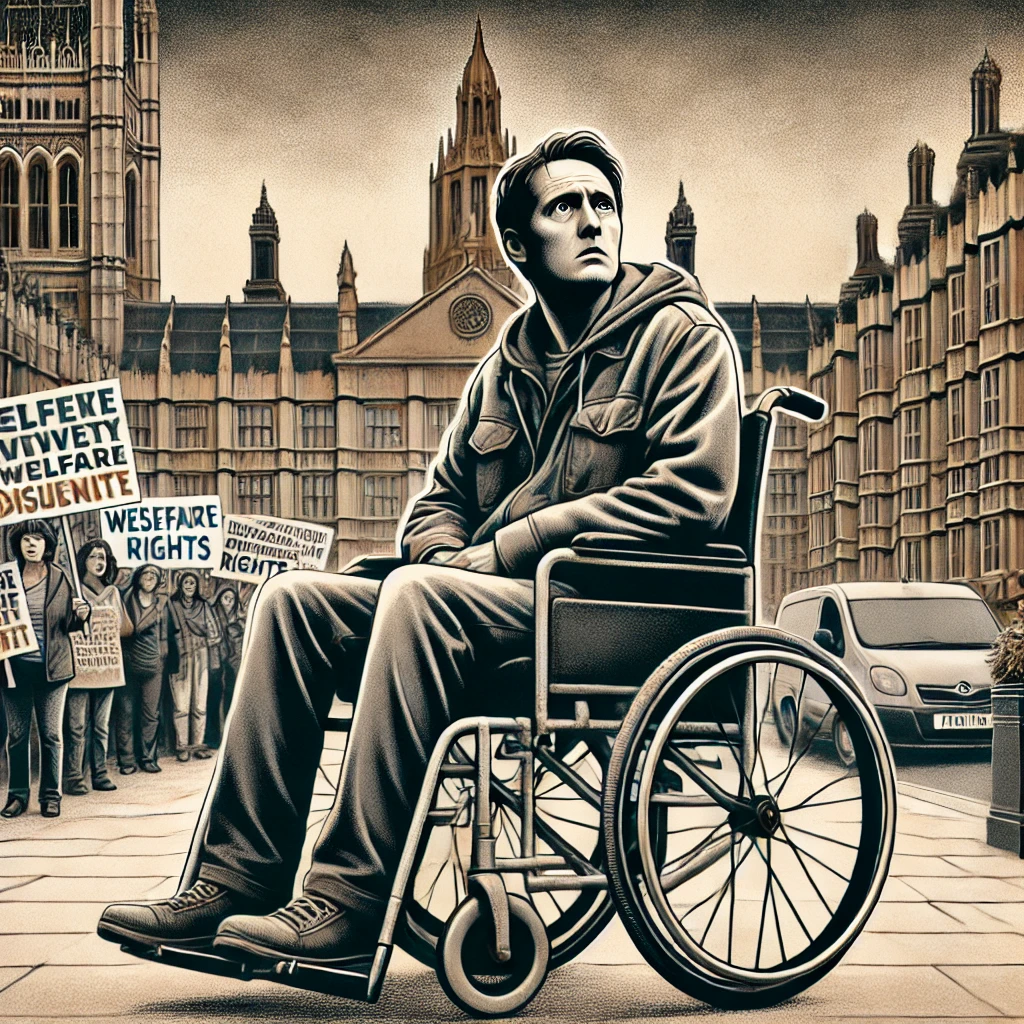
London – The UK government’s controversial welfare overhaul is set to affect up to 1.2 million disabled individuals, sparking widespread concern among experts, advocates, and opposition politicians.
The proposed reforms, designed to cut £5 billion in public spending, include stricter eligibility criteria for Personal Independence Payments (PIP) and the removal of health-related top-ups for under-22s on Universal Credit. Critics warn that these changes could lead to increased poverty, mental health crises, and limited access to essential healthcare.
Welfare Overhaul Under Scrutiny
The new measures will tighten PIP qualifications, potentially disqualifying thousands from receiving crucial financial aid. Young disabled individuals under 22 could also lose health-related benefits, further exacerbating their challenges.
Impact of Welfare Overhaul on Disabled Communities
Experts predict dire consequences if the reforms proceed. Financial insecurity is expected to rise, with families of disabled individuals bearing the brunt. Mental health crises are also anticipated, as vulnerable groups face the stress of losing financial and medical support.
Liz Kendall, Shadow Work and Pensions Secretary, described the reforms as “cruel and short-sighted,” calling for urgent action to protect disabled citizens.
Calls for Reconsideration of Welfare Overhaul
Disability advocates and Labour MPs are urging the government to explore alternative cost-saving measures that do not disproportionately affect the disabled community. Proposals include reforming disability assessments to ensure fairness and improving access to resources for those in need.
Public Response to Welfare Overhaul
The backlash from the public has been swift, with campaigns and petitions emerging to raise awareness about the potential harm caused by these changes. Critics argue that while fiscal responsibility is important, it should not come at the expense of society’s most vulnerable.
As the debate intensifies, the government faces mounting pressure to reconsider its approach and prioritize the welfare of disabled individuals across the UK.